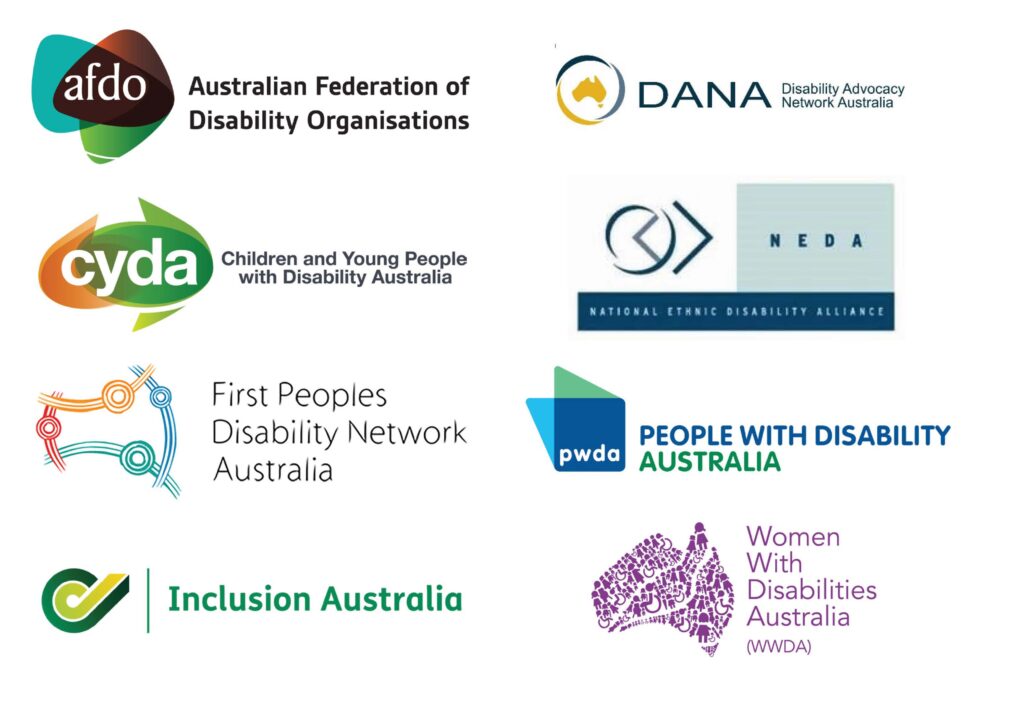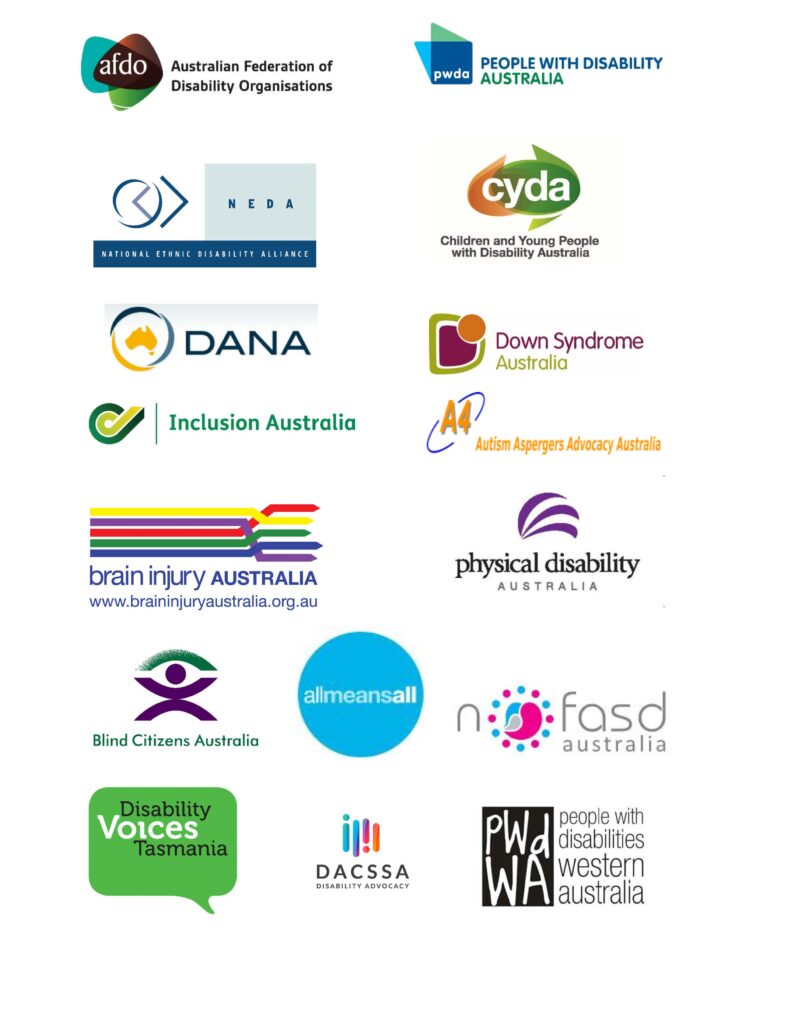Media Release
Organisations representing hundreds of thousands of people with disability across Australia are calling on political parties to commit to establishing a COVID Recovery Plan for people with disability.
The groups want the incoming Australian Government to urgently implement a plan to address the fact that people with disability are being left in lockdown – while the COVID-19 virus is left to surge in the community.
People with disability have experienced fear, illness, isolation, neglect, and death over the two years, with our needs often forgotten during COVID-19.
COVID-19 isn’t over, and for many people with disability, the current lifting of public health measures without a plan to protect them, is causing significant distress.
People with disability need significant support to stay safe with so much COVID-19 in the community.
COVID-19 has had a greater impact on our community than others, and most particularly on First People with disability, migrants and refugees with disability, and people with disability in congregate settings.
COVID-19 has worsened many of the inequalities our community faces but has also shown that more accessible services are possible.
Two years after the pandemic began, now is the time to support people with disability, our families and caregivers, and organisations, as we rebuild our lives and look to the future.
There are also people developing post-viral disability, known as long COVID-19, who need support.
We are calling for the development of, and investment in, a COVID-19 Recovery Plan for people with disability that:
- addresses the harm caused to our community,
- puts in place a blueprint for the future, and
- addresses the needs of with long COVID-19.
Some key elements of a COVID-19 Recovery Plan are:
- Increased health services to address harm caused, both physical and mental.
- Commitment to accessible and available information from the Federal Government.
- Extend the Disability Royal Commission, because of COVID-19 impact, and accept recommendations made.
- Ensure remote school and work can continue for those who need it.
The full COVID-19 Recovery Plan is available for download.
The Plan is endorsed by the eight national disability peak organisations.
- Australian Federation of Disability Organisations
- Children and Young People with Disability Australia
- First Peoples Disability Network Australia
- Inclusion Australia
- Disability Advocacy Network Australia
- National Ethnic Disability Alliance
- People with Disability Australia
- Women with Disabilities Australia
Quotes attributable to Dominic Golding, Policy Officer, National Ethnic Disability Alliance
“The pandemic isn’t over for our community, and we need a Recovery Plan to make sure people with disability are not left behind. Migrant and refugee people with disability need specific information, services and support to keep our community safe from COVID-19.”
Quotes attributable to Catherine McAlpine, CEO, Inclusion Australia.
“People with an intellectual disability are at high risk from COVID-19, and many have missed out on essential supports during the pandemic. We want all disability support providers to ensure that people with disability can access support during an emergency. People with an intellectual disability must also have equal access to healthcare if they get COVID-19, as well as vaccines.”
Case studies for media are available.
Media contact: Amelia Brock, 0430 187 161, [email protected]


